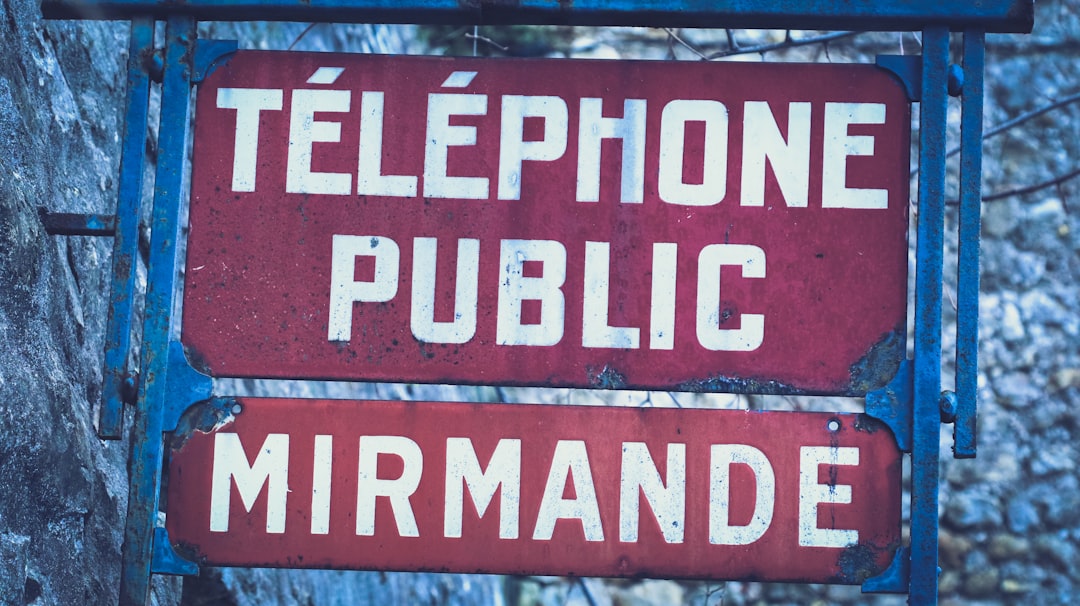Arizona's strict Do Not Call laws protect residents from intrusive telemarketing calls on landlines and mobile devices. Businesses must adhere to these regulations, enforced by specialized Do Not Call Lawyers Arizona, to avoid penalties ranging from $500 to $10,000 per violation. Consumers can easily opt out through the Attorney General's registered numbers list. Compliance is crucial for businesses expanding through telemarketing, with Do Not Call lawyers guiding permissions, policies, and complaint management.
In Arizona, a new era of privacy protection has begun with the implementation of stringent Do Not Call laws. These regulations restrict unsolicited calls to mobile devices, offering residents greater control over their communication preferences. This article delves into the intricacies of Arizona’s Do Not Call Act, explaining who it applies to, what devices are included, and the penalties for non-compliance. For those seeking guidance, consulting with a specialized Do Not Call Lawyer in Arizona can ensure understanding and adherence to these critical laws.
Understanding Arizona's Do Not Call Laws

In Arizona, understanding and adhering to the state’s Do Not Call laws is crucial for both businesses and individuals alike. These regulations are designed to protect residents from unwanted telemarketing calls to their mobile devices. If you’re a business looking to grow your customer base through phone outreach, it’s essential to consult with Do Not Call Lawyers Arizona to ensure compliance. They can guide you on registering your numbers, obtaining necessary permissions, and implementing practices that respect Arizonans’ privacy rights.
Arizona’s Do Not Call laws are enforced by the Attorney General’s Office, which maintains a comprehensive list of registered numbers. Consumers who wish to opt-out of receiving calls can easily do so by registering their mobile phone numbers on this list. Once registered, businesses face strict penalties for violating these laws, making it imperative for them to employ professional services that specialize in navigating Arizona’s specific requirements.
Who Does the Law Apply To and What Devices Are Included?

The Arizona Do Not Call law, also known as the “Unsolicited Telemarketing and Sales Calls Act,” applies to a wide range of entities engaging in telemarketing activities. This includes businesses, sales representatives, and even non-profit organizations conducting fundraising campaigns over the phone. The primary focus is on protecting consumers from unwanted calls to their mobile devices.
In terms of covered devices, the law pertains to both traditional landline telephones and mobile phones. With the widespread use of smartphones, this legislation ensures that Arizona residents are free from intrusive telemarketing calls on their personal mobile numbers. This measure aims to give individuals more control over their communication preferences, especially in an era where persistent call campaigns can be a nuisance.
Penalties and Enforcement of the Arizona Do Not Call Act

The Arizona Do Not Call Act comes with stringent penalties for violators, reflecting the state’s commitment to protect residents’ privacy and peace. Businesses or individuals found guilty of making unsolicited calls to registered numbers may face fines ranging from $500 to $10,000 per violation, depending on the severity. Repeated or willful disregard for the law can result in even higher penalties. Do Not Call lawyers in Arizona play a crucial role in navigating these legal complexities and ensuring that businesses comply with the Act’s requirements. They guide companies through the process of obtaining necessary permissions, drafting effective opt-out policies, and managing consumer complaints to avoid costly legal repercussions.
Enforcement of the Act is primarily handled by the Arizona Attorney General’s office, which actively monitors compliance and investigates complaints. Consumers who experience unwanted calls can file a complaint with the office, triggering an investigation that may lead to legal action against the offending party. This strict enforcement mechanism serves as a deterrent for potential violators and reinforces the rights of Arizona residents to control their communication preferences.






